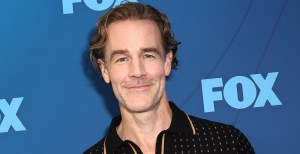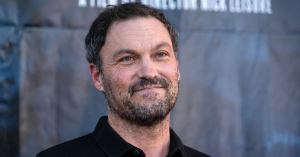CBS Research Chief David Poltrack gave a presentation this week at the annual UBS Global Media and Communications Conference in New York, where he said broadcast television “is entering a period of growth and prosperity.” Poltrack emphasized an optimistic outlook on the TV business, drawing attention to increases in ad sales at CBS and an upward trend in millennial viewership.
Poltrack announced that the powerful cluster of tech companies known as FAANG amongst researchers — Facebook, Amazon, Apple, Netflix and Google — have increased their spending on network TV ads by 27 percent just this year. To him, this indicates the continued relevance of TV as a way of reaching large demographics. Despite their access to better data, the online FAANG companies are spending huge amounts of money to advertise on broadcast TV.
Videos by PopCulture.com
“Perhaps the best testimony to the power of network television is that the FAANG forces–with all of their sophisticated data capabilities… are putting their money into network television advertising,” Poltrack said to the crowd.
He also expressed some hope about the millennial audience. The vaguely defined generation has been hard to reach for advertisers; however, Poltrack presented some data indicating that they’re gravitating back towards TV as they get older. “This is the delayed generation,” he said. “They’re doing everything later.”
Poltrack also had good news to report about CBS and other networks’ experiments with streaming and other services. He said that the CBS All Access app is doing much better than the company dared to hope for, and subscriptions to “skinny bundle” services like Playstation Vue, Sling and YouTube TV are slowly trending upwards.
Most importantly, Poltrack predicted that 2018 would be a big year for network TV advertising. He foresees the perfect storm of high viewership across demographics, between the Olympics, the World Cup, and the mid-term elections, all taking place next year.








